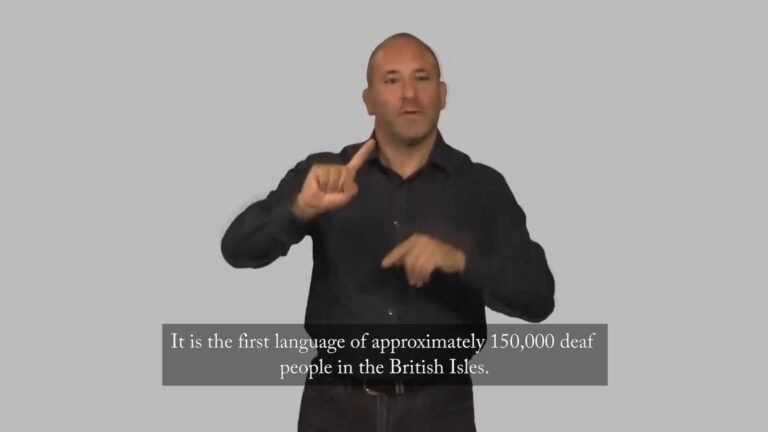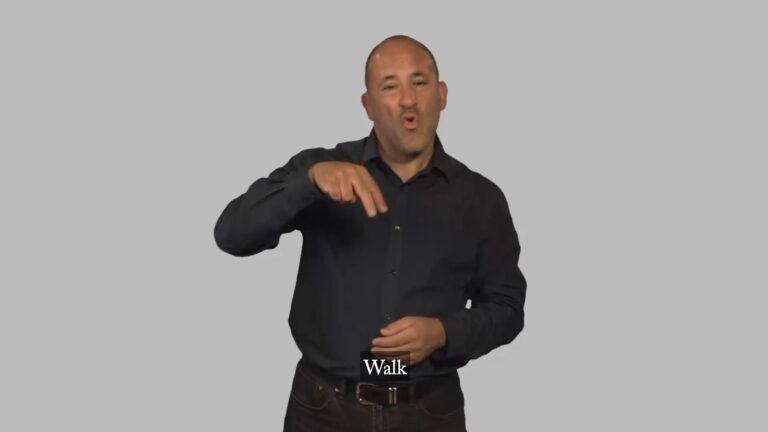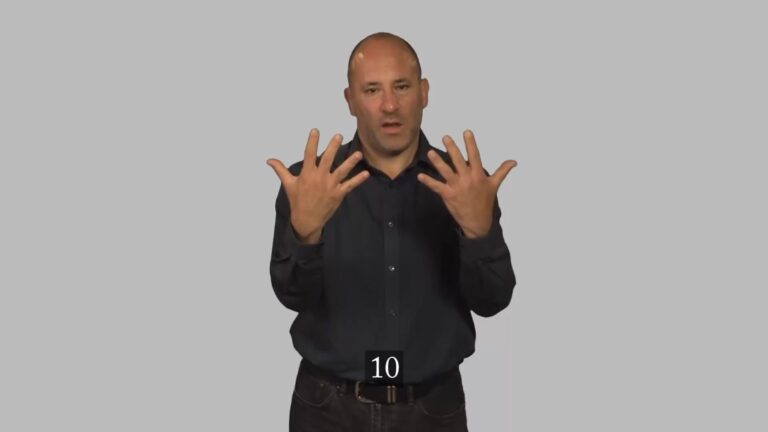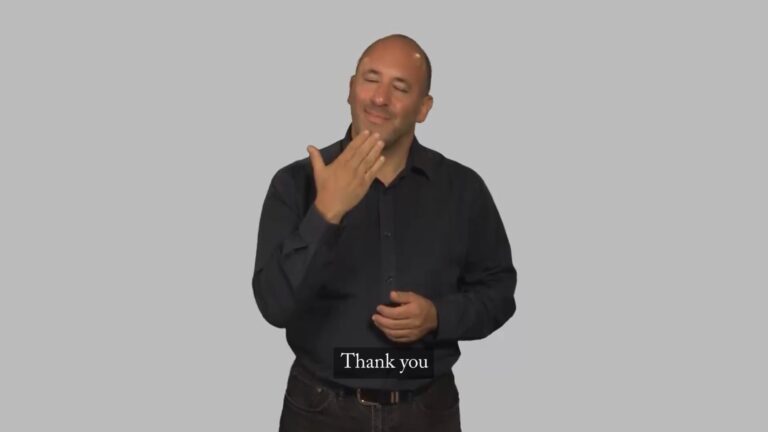
Course Library View the full range of courses
-

Accounting (92 courses)
- Project Finance
- Xero Accounting and Bookkeeping Online
- Sage 50 Accounting & Payroll
- Payroll Administrator Level 3 Diploma
- Introduction to VAT
- Financial Modelling Training
- Financial Statement Analysis
- Tax Accounting
- Internal Compliance Auditor
- Accounting and Finance Course for Managers
- View all Accounting courses
-

Employability (845 courses)
- Diploma in Data Analysis Fundamentals
- Office Administrator Skills
- Presentation Skills
- Building Surveyor Training
- Legal Secretary and Office Skills
- Hairdressing and Barbering
- Estate Agent Diploma
- Diploma in UK Employment Law
- Emotional Intelligence Training
- Hospitality Management
- View all Employability courses
-

Health and Social Care (128 courses)
- The Care Certificate Preparation
- Level 3 Diploma in Anatomy and Physiology of Human Body
- Mental Health Awareness Training
- Paediatric First Aid Training
- Emergency Medicine – Paramedicine
- Level 3 Diploma in Adult Care
- Play Therapy
- Health and Social Care Management
- Safeguarding Children Level 3
- Paediatric Nursing Assistant
- View all Health and Social Care courses
-

IT & Software (99 courses)
- Next.js Web Dev: Master this Powerful React Framework
- GDPR Challenges in Education
- Machine Learning for Aspiring Data Scientists
- CompTIA A+ Core 1 (220-1101) Course
- Learn 2D Animation with Adobe Animate
- Motion Graphics with After Effects
- Coding with Python 3
- Cyber Security
- Search Engine Optimisation (SEO) Training
- View all IT & Software courses
-

Language (58 courses)
- Teaching English as Foreign Language (TEFL) Certificate
- German Course for Beginners
- French Course for Beginners
- TEFL (TESOL) Course
- English Spelling, Punctuation, and Grammar
- Child & Adult Speech & Language Disorders Training
- Speech and Language Therapy Diploma
- British Sign Language (BSL) Level 1 & 2
- Body Language and Gesture Training
- Mastering Spanish Language
- View all Language courses
-

Management (346 courses)
- Diploma in Data Analysis Fundamentals
- Good Manufacturing Practice (GMP)
- Property Development and Management Course
- Compliance and Risk Management
- Quality Assurance (QA) Manager
- Estate Agent and Property Management Training
- Advanced Diploma in Stress & Anxiety Management
- Office Admin, Secretarial and PA Diploma
- Diploma in Hotel Management
- Supply Chain Management
- View all Management courses
-

Personal Development (1316 courses)
- Presentation Skills
- Legal Secretary and Office Skills
- Productivity Habits
- Minute Taking Course
- Essential IT Skills
- Excel: Top 50 Microsoft Excel Formulas in 50 Minutes!
- Self Esteem and Confidence Building Course
- Time Management
- Critical Thinking and Problem Solving Skills
- Personality Development
- View all Personal Development courses
-

Teach & Education (99 courses)
- Home Schooling Essential: A Parent’s Guide
- English Spelling, Punctuation, Grammar & Pronunciation
- Primary Teacher
- Leadership in Teaching
- English: Spelling, Punctuation, and Grammar
- Poetry Writing
- GCSE English
- GCSE Maths Preparation
- Diploma in Basic Chemistry
- English: Spelling, Punctuation and Grammar
- View all Teach & Education courses
Minute Taking Course
4492 (4.8)
This advanced minute taking course has been designed to enhance your note-taking skills for professional-level meetings and conferences. Our Minute Taking training Course will help you take Minutes of a meeting which can serve as the legal document of decisions agreed upon at the meeting.
Course Curriculum
| Minute Taking Course | |||
| Module 01: Introduction to Minute Writing | |||
| Module 01: Introduction to Minute Writing | 00:24:00 | ||
| Module 02: Preparation for Minute Taking | |||
| Module 02: Preparation for Minute Taking | 00:26:00 | ||
| Module 03: The Meeting Structure | |||
| Module 03: The Meeting Structure | 00:20:00 | ||
| Module 04: Minute Meetings, Decisions and Actions | |||
| Module 04: Minute Meetings, Decisions and Actions | 00:21:00 | ||
| Module 05: Roles and Responsibility of Minute Taker | |||
| Module 05: Roles and Responsibility of Minute Taker | 00:30:00 | ||
| Module 06: Tips for Minute Taking | |||
| Module 06: Tips for Minute Taking | 00:25:00 | ||
| Module 07: Technology in Minute Taking | |||
| Module 07: Technology in Minute Taking | 00:16:00 | ||
| Module 08: Building Confidence | |||
| Module 08: Building Confidence | 00:15:00 | ||
| Mock Exam | |||
| Mock Exam – Minute Taking Course | 00:20:00 | ||
| Final Exam | |||
| Final Exam – Minute Taking Course | 00:20:00 | ||
| Order your Certificates & Transcripts | |||
| Order Certificates & Transcripts / CPD QS | 00:00:00 | ||
Frequently asked questions
Can’t find the anwser you’re looking for ? Reach out to customer support team.
To learn minute taking, you can start with online tutorials or attend a workshop or training course. Practice is key, so volunteering to take minutes in meetings can be beneficial. Understanding the agenda and structure of the meeting in advance can also help.
A minutes and note taking course typically teaches how to effectively record the discussions and decisions of meetings. These courses cover skills like listening, summarizing, and understanding meeting protocols.
Taking such a course can help you develop professional skills that are crucial in administrative, secretarial, and various other roles. Learning to take clear and concise minutes can improve your efficiency in capturing the essence of discussions and decisions.
The four main types of minutes are action minutes, discussion minutes, narrative minutes, and verbatim minutes. Each type varies in the amount of detail and the focus they capture from the meeting.
The term "minutes" likely comes from the Latin phrase "minuta scriptura," meaning "small notes." Thus, it refers to taking brief notes or a short record of the meeting.
The main principle is to record the key points, decisions, and actions agreed upon during the meeting in a concise, clear, and neutral manner, ensuring accuracy without unnecessary detail.
A minute taker is often referred to as a secretary, scribe, or recorder, depending on the formal or informal settings of the meeting.
One minute on the clock is exactly 60 seconds. However, in the context of minute taking, "a minute" refers to the recording of what happens during a meeting, not the duration of time.
To write good minutes, start by creating an outline from the meeting agenda. During the meeting, note down decisions, action items, and key points discussed. Afterwards, format these notes into a clear, structured document. A minutes book would compile these records for multiple meetings, often bound in a single volume for reference.
Yes, minute taking is a valuable skill, especially in administrative and management roles. It requires good listening, quick thinking, and clear writing.
Documenting a meeting involves taking detailed notes of discussions, decisions, and actions. Use the meeting agenda as a template, and ensure that all items are covered. Record the date, time, participants, and any outcomes or follow-ups.














